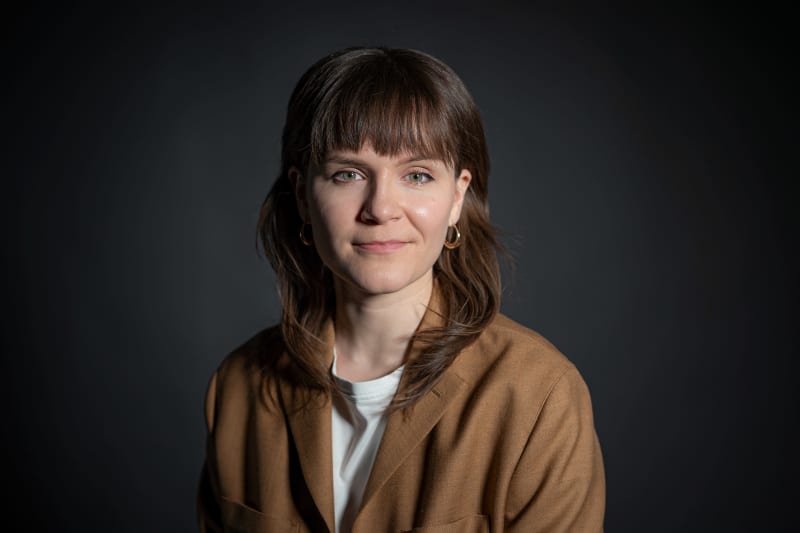It is impossible to become a good writer without reading. The lack of reading can be seen in some of the debut books, whose authors want to benefit from the author title, writes Salmi.
While working in the book industry, I have met numerous first-time authors who tell me with bright eyes that they have just written a book, even though they never read literature themselves.
Listening to this innocent silliness might feel like standing in Tavastia’s audience and having to witness how the artist learns the basics of playing the guitar in the spotlight.
The path of every musician has started with the love of listening to music. You would think that every writer’s desire to write would be ignited through reading. It’s not always like that.
At worst, the books are full of mistakes. Tense forms can be thrown around without logic, and colloquial language is used without judgment or coherence. When there are too few pages for the book, the font size is increased. Sometimes it seems that even publishing editors have left their work halfway.
Finland is such a small country that by writing a book about a limited topic, you can momentarily capture the public discourse around that topic. As a writer, the author quickly turns into an expert. I call this keynote literature.
There’s nothing morally wrong with hacking. But it would be naive to pretend that it does not affect the quality of such literature.
In general, the quality of literature is made by other writers. These experts, who are well versed in their work, give literature the status that is why many author titles are so passionately embraced. Even if you are not interested in reading, the authority of the author is.
Keynote literature borrows the authority and social status of literature without giving anything back. The grant writer gets sick of even less.
Creativity, the future and the purpose of life are sufficiently vague concepts that they can be understood mostly by quoting others who have written on the subject, and then by furiously combing through. If you write a book in a year, you stay afloat enough, and with that you can hit a hundred speaking gigs a year.
In experiential literature, the author does not have to win over the reader by literary means, because the author himself is the main character of the book. He is already familiar to the reader, a beloved character from social media. Lifestyle brands promote this openness and honesty, and reward them with advertising deals.
Perhaps the biggest difference lies in the fact that formula drivers and others have not tried to write their books themselves. Their stories have been told by writers who are also readers themselves.

